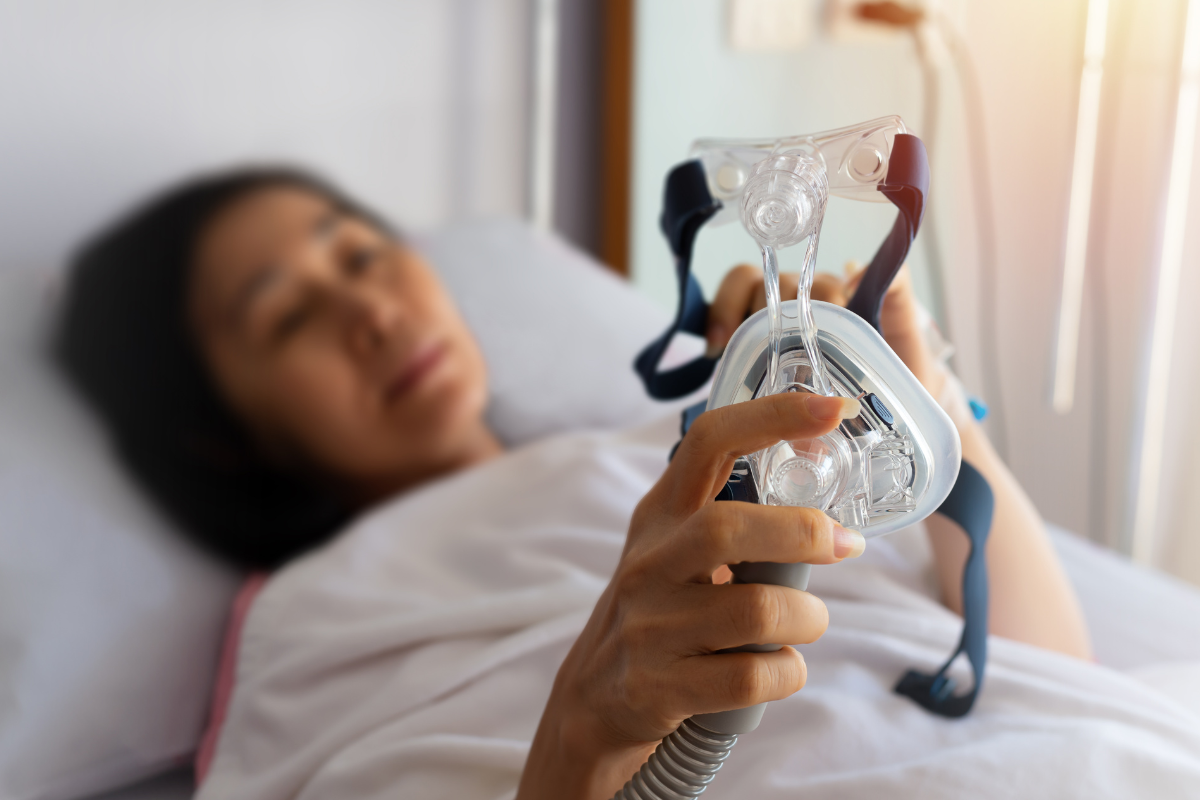
By Dr. Randy Machen, Guest Contributor.
As a dentist in Little Rock, I often help patients with their sleep apnea. The condition, after all, can harm oral health if left unchecked. That said, many are surprised when I suggest weight loss as part of treatment. They don’t see how weighing less will soothe the problem. Still, the truth is that a lighter body relieves the relevant symptoms. If you’d like to learn more, I’m happy to explain. To that end, here’s how losing weight reduces sleep apnea risk and other ways to treat the issue.
Excess Weight Causes Sleep Apnea
For starters, being overweight or obese is a common cause of obstructive sleep apnea (OSA). Excess body tissue frequently interferes with nighttime breathing.
Take your facial region, for instance. A body’s excess weight may create fat deposits in the neck, which can block the upper airway during sleep. The result is persistent snoring – air squeezed through a restricted airway, causing a loud noise.
It isn’t just one’s neck fat that leads to sleep apnea, either. Increased abdomen girth can compress a person’s chest wall, decreasing lung volume. From there, the reduced lung capacity diminishes airflow and makes the airway likely to collapse.
Lose Weight, Lower the Risk
In contrast, having a healthy body weight reduces your sleep apnea risk. Whether through exercise, nutrition, or surgery, losing excess fat will relieve your symptoms – daytime sleepiness, irritability, etc.
As you might expect, lighter weight means no fatty deposits in the neck and tongue. You’d then have a more ample airflow. That easier breathing, in turn, would lead to less snoring.
A healthy weight also leads to less abdominal fat, increasing lung volume and improving airway traction. Naturally, then, your airway would be less likely to collapse during sleep.
Other Ways to Reduce OSA Risk
Weight loss reduces the risk of sleep apnea, but it isn’t a cure. As such, you’ll likely want to include additional options in your treatment. Some good ones to consider are:
- Healthy Living – Patients will often breathe more easily if they exercise regularly, quit smoking, and avoid alcohol before bedtime.
- Positive Airway Pressure – With a CPAP machine, you could receive air pressure during sleep to keep your airway passages open. You’d then be able to prevent sleep apnea and snoring.
- Oral Mouthpieces/Devices – As an alternative to a CPAP, many dental practices treat sleep apnea with oral appliances. These devices further open your airway, relieving snoring and breathing problems. They also reduce daytime sleepiness and improve quality of life.
Ultimately, you can trust that weight loss will ease your sleep apnea. Therefore, add it and the other options above to your future treatment!
